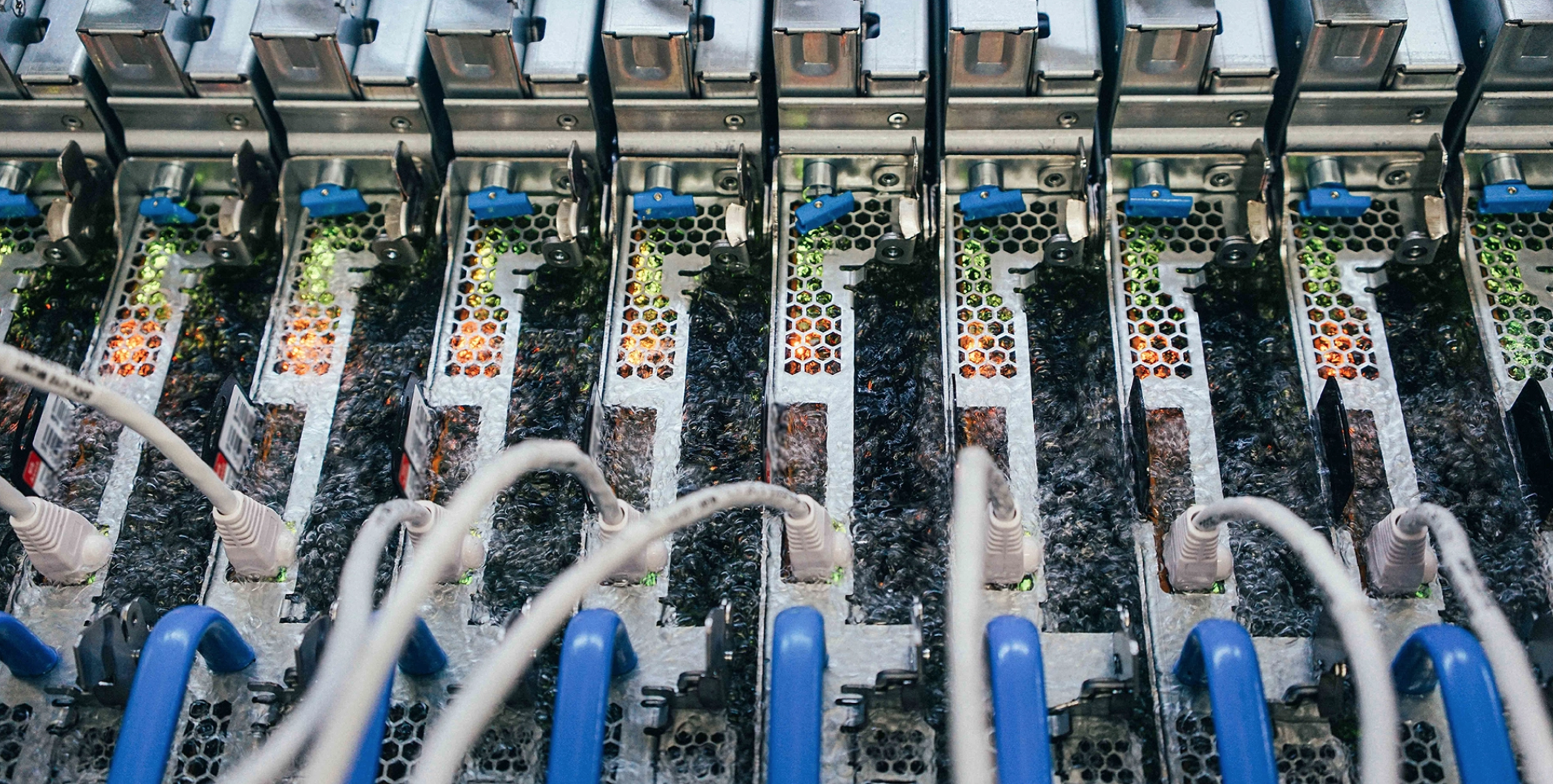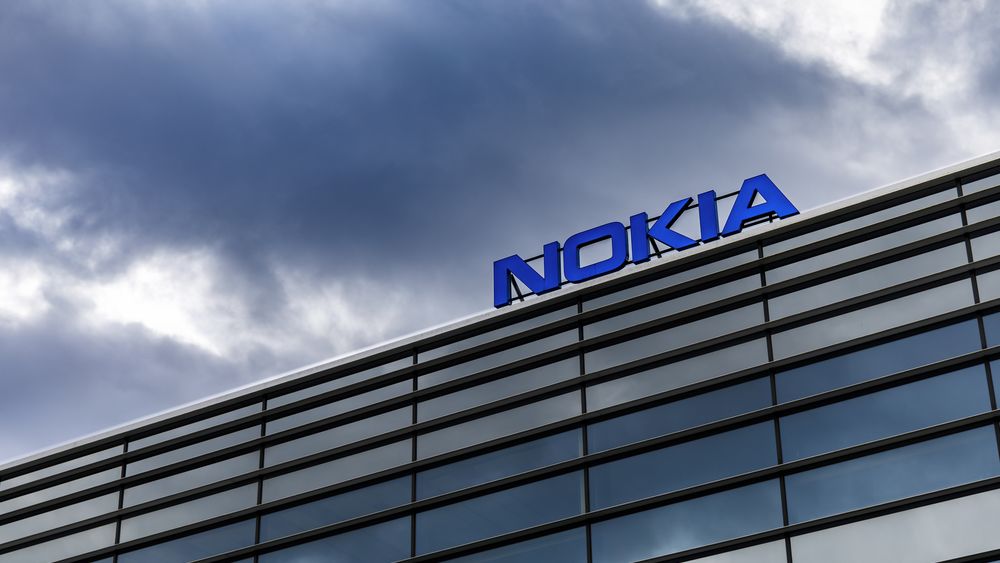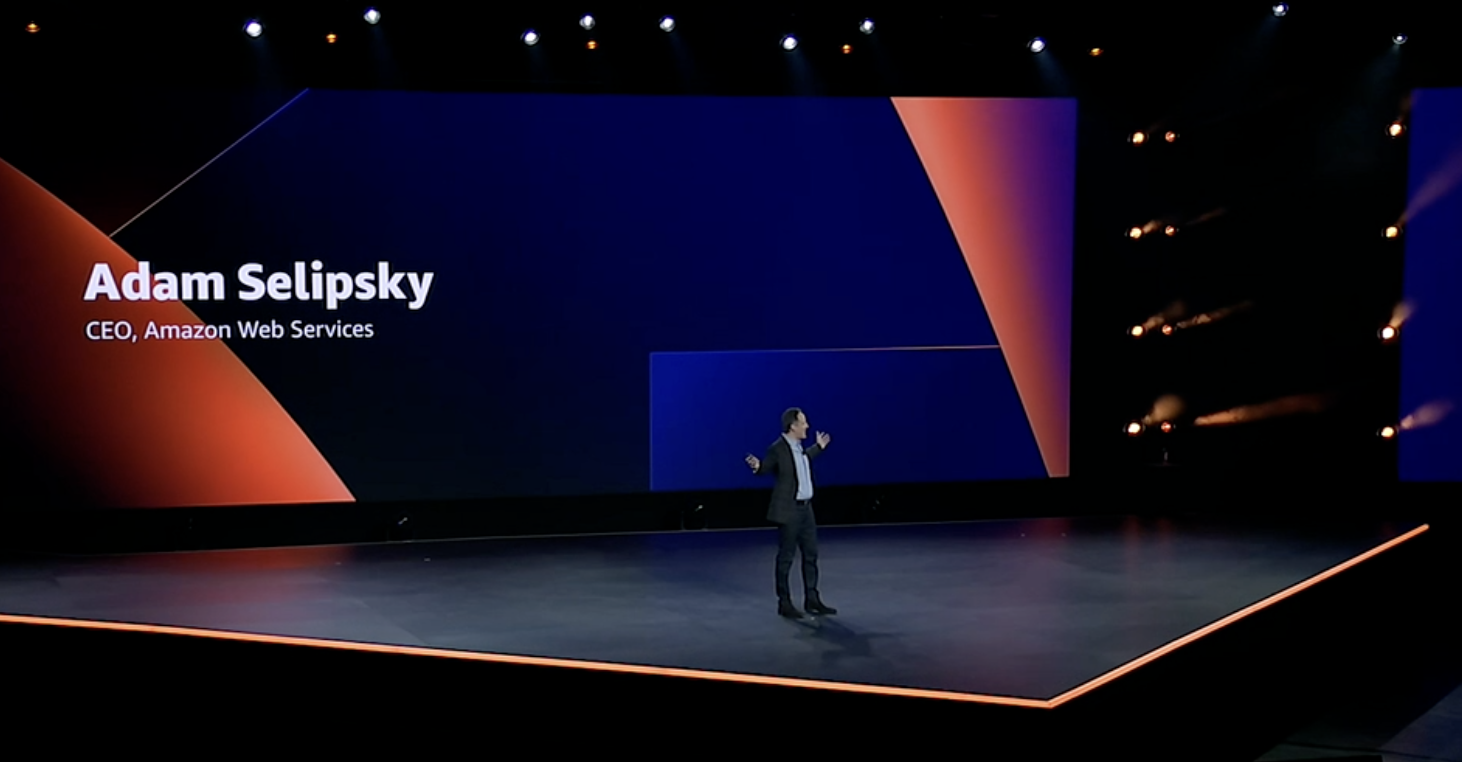Microsoft is submerging servers in boiling liquid to prevent Teams outages
The tech giant is said to be the first cloud provider running two-phase immersion cooling in a production environment


Microsoft has revealed that it's been experimenting with a “two-phase immersion cooling technology” to prevent its data centre servers from overheating and causing outages across its cloud-based communications platforms such as Microsoft Teams.
At a Microsoft data centre on the bank of the Columbia River in Washington state, engineers are submerging servers in a steel holding tank filled with boiling liquid.
Unlike water, which is seen as precarious to electronic equipment, the liquid used by Microsoft engineers is harmless to the server hardware as it’s designed to cool its processors by carrying away the heat as it boils.
The liquid has been engineered to boil at 50 degrees Celsius, which is 50 degrees cooler than the boiling point of water. The lower temperature has been specifically chosen in order to carry away the heat while allowing Microsoft’s servers to operate at full power without the risk of failure due to overheating.
According to Microsoft’s data centre advanced development group VP Christian Belady, “air cooling is not enough”.
“That’s what’s driving us to immersion cooling, where we can directly boil off the surfaces of the chip,” he said.
RELATED RESOURCE

The trusted data centre
Best practices and business results for organisations based in Europe
Husam Alissa, a principal hardware engineer on Microsoft’s team for data centre advanced development, said that the tech giant is “the first cloud provider that is running two-phase immersion cooling in a production environment,” which is the next step in Microsoft’s long-term plan to keep up with the increasing demand for cloud computing.
Get the ITPro daily newsletter
Sign up today and you will receive a free copy of our Future Focus 2025 report - the leading guidance on AI, cybersecurity and other IT challenges as per 700+ senior executives
The demand has been fuelled by the rise of remote working, which depends largely on the reliability of collaboration tools such as Teams or communication tools such as Exchange.
In fact, according to Marcus Fontoura, chief architect of Azure compute, two-phase liquid immersion cooling enables increased flexibility for the efficient management of cloud resources, allowing them to manage sudden spikes in data centre compute demand to the servers in the liquid-cooled tanks. The servers run at elevated power without risk of overheating due to “overclocking”.
“For instance, we know that with Teams when you get to 1 o’clock or 2 o’clock, there is a huge spike because people are joining meetings at the same time,” Fontoura said. “Immersion cooling gives us more flexibility to deal with these burst-y workloads.”
Using specially-designed liquid to cool the servers is not only cheaper than air cooling but also more sustainable than using water, allowing Microsoft to meet its commitment to replenish more water than it consumes by 2030.
Having only graduated from City University in 2019, Sabina has already demonstrated her abilities as a keen writer and effective journalist. Currently a content writer for Drapers, Sabina spent a number of years writing for ITPro, specialising in networking and telecommunications, as well as charting the efforts of technology companies to improve their inclusion and diversity strategies, a topic close to her heart.
Sabina has also held a number of editorial roles at Harper's Bazaar, Cube Collective, and HighClouds.
-
 Bigger salaries, more burnout: Is the CISO role in crisis?
Bigger salaries, more burnout: Is the CISO role in crisis?In-depth CISOs are more stressed than ever before – but why is this and what can be done?
By Kate O'Flaherty Published
-
 Cheap cyber crime kits can be bought on the dark web for less than $25
Cheap cyber crime kits can be bought on the dark web for less than $25News Research from NordVPN shows phishing kits are now widely available on the dark web and via messaging apps like Telegram, and are often selling for less than $25.
By Emma Woollacott Published
-
 AWS, Microsoft, and Google see massive cloud opportunities in Japan - here’s why
AWS, Microsoft, and Google see massive cloud opportunities in Japan - here’s whyAnalysis AWS’ bid to expand infrastructure in Japan will see it it invest over $15 billion, but it’s not the only hyperscaler that has its eye on big gains in the country
By Solomon Klappholz Published
-
 Hyperscaler earnings 'highlight new era of maturity' in global cloud market
Hyperscaler earnings 'highlight new era of maturity' in global cloud marketNews Sluggish earnings for Azure, Google Cloud, and AWS could point to a more moderate cloud market in the year ahead
By Ross Kelly Published
-
 Nokia to offer data centre switches to boost Azure bandwidth
Nokia to offer data centre switches to boost Azure bandwidthNews The announcement is part of an ongoing collaboration to develop the 'SONiC' networking initiative
By Bobby Hellard Published
-
 Microsoft wins contract to build Singapore's first sovereign cloud
Microsoft wins contract to build Singapore's first sovereign cloudNews It hopes the deal will will help keep the city-state “the safest place on the planet”
By Zach Marzouk Published
-
 AWS shakes off outages with 40% surge in revenue
AWS shakes off outages with 40% surge in revenueNews However, analysts warn the cloud giant should be wary of the 'impressive growth' of Microsoft and Google
By Bobby Hellard Published
-
 IAR Systems and Secure Thingz partner to streamline Azure IoT migration
IAR Systems and Secure Thingz partner to streamline Azure IoT migrationNews Joint solution expedites device development and deployment for Azure IoT and RTOS platforms
By Praharsha Anand Published
-
 Microsoft bolsters Azure with AT&T 5G deal and security collaboration
Microsoft bolsters Azure with AT&T 5G deal and security collaborationNews The firm acquire’s AT&T’s Network Cloud platform while integrating MITRE's ATT&CK framework
By Keumars Afifi-Sabet Published
-
 Microsoft reveals plans for massive cloud expansion in China
Microsoft reveals plans for massive cloud expansion in ChinaNews The company is planning four new data centres in China to meet surging demand for its services
By Zach Marzouk Published